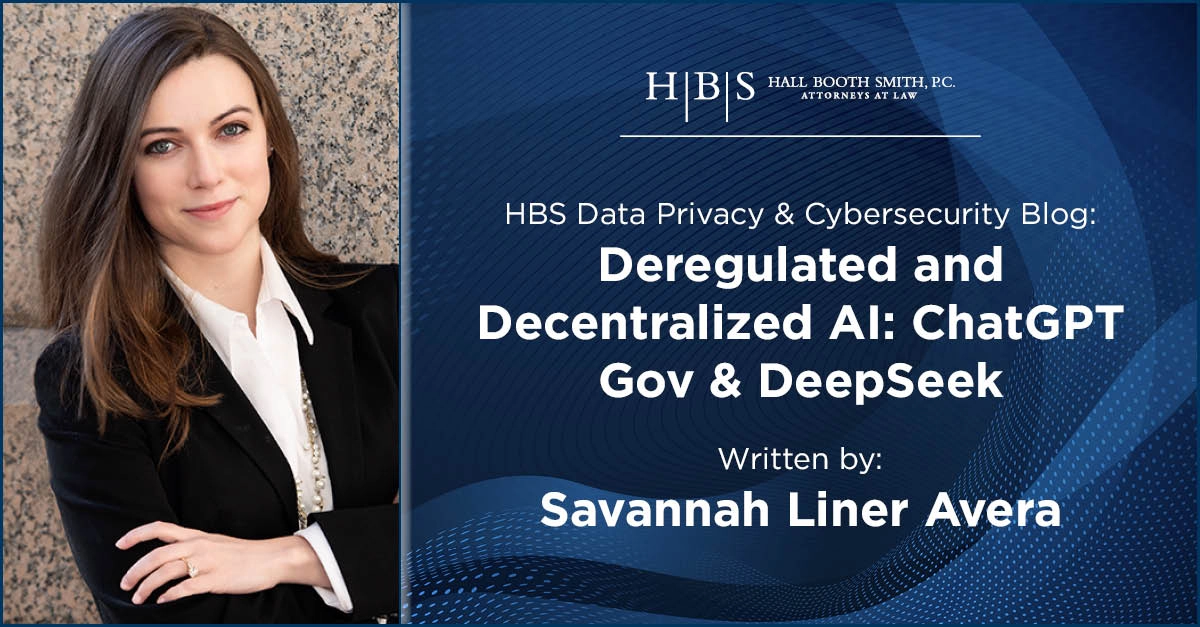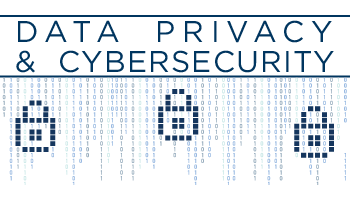
Deregulated and Decentralized AI: ChatGPT Gov & DeepSeek
Businesses working to offer the United States any government-specific AI models should explore other use cases. Upon taking office, President Trump promptly rescinded former President Biden’s Executive Order 14110, claiming the prior administration’s regulatory approach stifled innovation in the private sector. The revocation dissolved mandates for AI governance structures, including the establishment of Chief AI Officers in federal agencies, and halted efforts to develop standards for critical infrastructure. This move effectively dismantled the regulatory framework overseeing the federal government’s AI development and deployment and effectively decentralized AI regulation benchmarks.
The primary focus of Executive Order 14110 was on AI governance in the federal government, with indirect influence on the private sector. The EO set the tone for AI safety, security, and ethics and could have imposed regulatory burdens that slowed down private sector innovation—particularly for companies looking to work with the government or comply with federal standards.
With red tape sliced through, OpenAI introduced “ChatGPT Gov,” a specialized version of its AI chatbot for government use. It allows federal, state, and local agencies to integrate OpenAI’s models. Agencies can self-host ChatGPT Gov on Microsoft’s Azure OpenAI Service, claiming to align with federal cybersecurity standards such as IL5, CJIS, ITAR, and FedRAMP High.
In the private sector, Trump wants to put the United States at the forefront of AI innovation with the “Stargate” initiative, a joint venture involving OpenAI, Oracle, and SoftBank, with up to $500 billion in investment over four years. However, a Chinese AI called “DeepSeek” has the world’s attention on the heels of his announcement.
A Chinese-developed AI, DeepSeek, has exploded in global popularity. With over 1 million downloads in its first week, this new open-source model claims to run on less energy, produce better results, and can be run offline. As proof of its prowess, Microsoft has already onboarded DeepSeek into its Azure platform. Notably, DeepSeek’s operations fall under China’s cybersecurity laws, which require companies to store and share user data upon government request.
This raises concerns for businesses handling sensitive information, particularly those bound by HIPAA or U.S. financial regulations. Almost every European Data Protection Authority has launched investigations or blocked DeepSeek until its data practices are understood. Businesses must be vigilant in building with DeepSeek or identifying the AI models deployed within their Microsoft Azure environments to avoid violating their own privacy policies and user consents.
Disclaimer
This material is provided for informational purposes only. It is not intended to constitute legal advice nor does it create a client-lawyer relationship between Hall Booth Smith, P.C. and any recipient. Recipients should consult with counsel before taking any actions based on the information contained within this material. This material may be considered attorney advertising in some jurisdictions. Prior results do not guarantee a similar outcome.
Blog Overview
About the Author
Savannah Liner Avera
Attorney at Law | Atlanta Office
T: 404.954.6973
E: savera@hallboothsmith.com
Savannah Liner Avera protects the rights of clients in health care and cyberspace. She handles aging services litigation and serves on the firm’s Coronavirus Strategic Team that counsels clients on complex matters related to the global pandemic. She represents providers including hospitals, skilled nursing facilities, assisted living facilities, and sub-acute facilities in a wide range of liability claims.




Leave a comment
You must be logged in to post a comment.